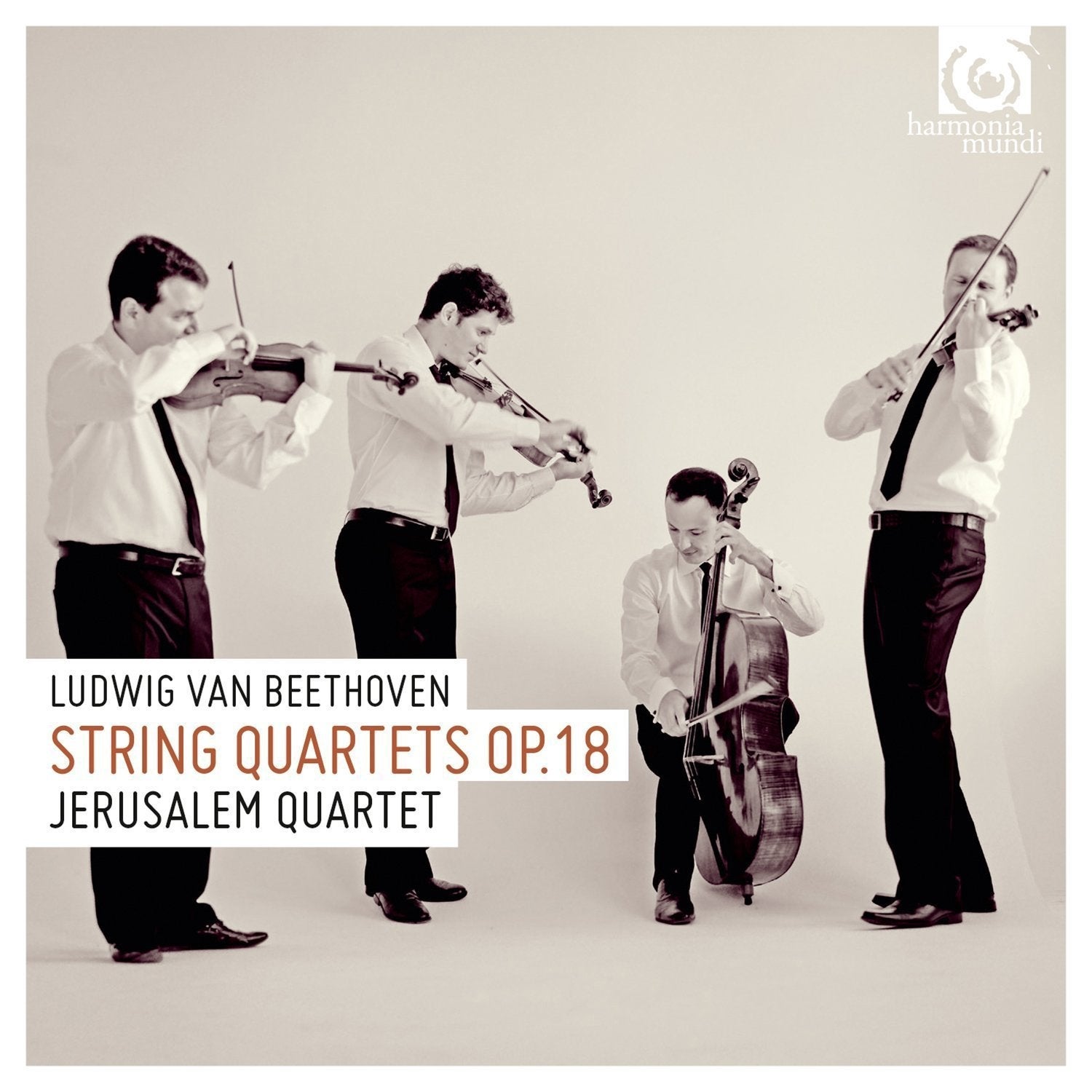Your support helps us to tell the story
From reproductive rights to climate change to Big Tech, The Independent is on the ground when the story is developing. Whether it's investigating the financials of Elon Musk's pro-Trump PAC or producing our latest documentary, 'The A Word', which shines a light on the American women fighting for reproductive rights, we know how important it is to parse out the facts from the messaging.
At such a critical moment in US history, we need reporters on the ground. Your donation allows us to keep sending journalists to speak to both sides of the story.
The Independent is trusted by Americans across the entire political spectrum. And unlike many other quality news outlets, we choose not to lock Americans out of our reporting and analysis with paywalls. We believe quality journalism should be available to everyone, paid for by those who can afford it.
Your support makes all the difference.The six string quartets which make up his Op. 18 were composed in Beethoven’s late twenties, and consequently imbued with less of the youthful enthusiasm and optimism one might expect of a composer’s first explorations of a new form.
That’s somewhat tempered here by the Quartets being presented in chronological rather than numerical order, starting with the relatively light, gay tone of “String Quartet No. 3” instead of “String Quartet No. 1”, with its moving Adagio inspired by Romeo and Juliet.
Here, the latter movement’s tragedy sometimes strikes the players completely silent, in stark contrast to the whirling dance of the ensuing Scherzo – the sort of dramatic switch of emphasis that would become second nature in Beethoven’s complex later Quartets. The Jerusalem Quartet are keenly attentive here to such shifts of temperament.

Join our commenting forum
Join thought-provoking conversations, follow other Independent readers and see their replies
Comments